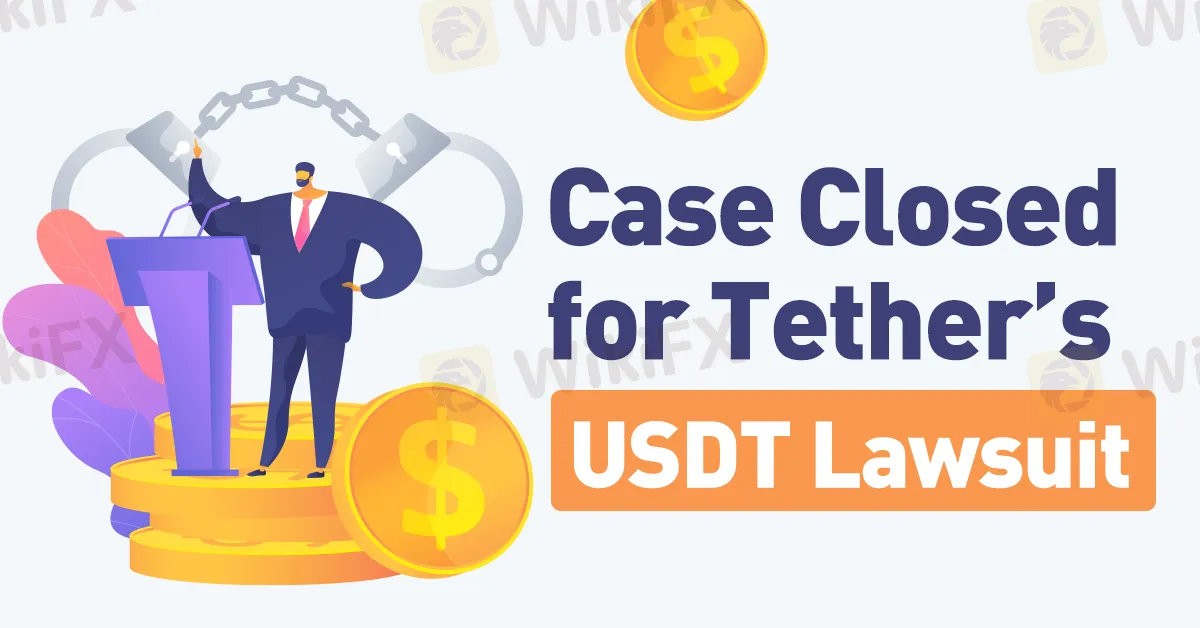Abstract:In a tangled legal showdown involving Tether and Bitfinex, the recent resolution in the court case raises intriguing questions about stablecoin security and alleged market manipulation within the cryptocurrency sphere.

The legal battle confronting Tether and Bitfinex has drawn to a close as the plaintiff chose not to contest the final court verdict, a resolution confirmed by Tether, the stablecoin issuer, in a recent statement.
The legal battle between Tether and Bitfinex has been a long and winding saga that has spanned multiple jurisdictions and involved a variety of allegations. Back in 2017, Shawn Dolifka and Matthew Anderson, the plaintiffs, accused Tether of misleading assertions regarding the USDT stablecoin's one-to-one backing by the U.S. dollar. Yet, the U.S. District Court for the Southern District of New York dismissed their claims in August, citing insufficient evidence of harm in the lawsuit.
Dolifka and Anderson contended that Tether lacked ample reserves matching the circulating USDT volume. They argued that the reserves extended beyond solely U.S. dollars, comprising over-collateralized loans and various assets, ultimately depreciating the stablecoins value.
Tether countered these claims by asserting a lack of solid evidence supporting any decrease in USDT's value. Consequently, the court favoured Tether, highlighting the lawsuits absence of factual substantiation for the alleged devaluation.

The lawsuit, cantering on Tethers misrepresentation of stablecoin backing, concluded as the plaintiff chose not to pursue further legal recourse, acknowledging the court's decision.
In response to the resolution, Tether criticized Dolifkas initial action as baseless and commended his withdrawal of the appeal. The stablecoin issuer reiterated its resilience against baseless litigation aimed at monetary gains.
Despite this legal victory, a New York judge previously mandated Tether and Bitfinex to disclose financial records concerning the stablecoin's backing. Additionally, Bitfinex sought dismissal of a lawsuit accusing them of market manipulation, labeling it as frivolous, but the court accepted the plaintiffs' requests for key financial documents.
A separate class-action lawsuit targets Bitfinex and Tether, alleging fraudulent inflation of the cryptocurrency market by issuing uncovered USDT tokens. The plaintiffs characterize this alleged sophisticated scheme as the “biggest bubble in human history.”











